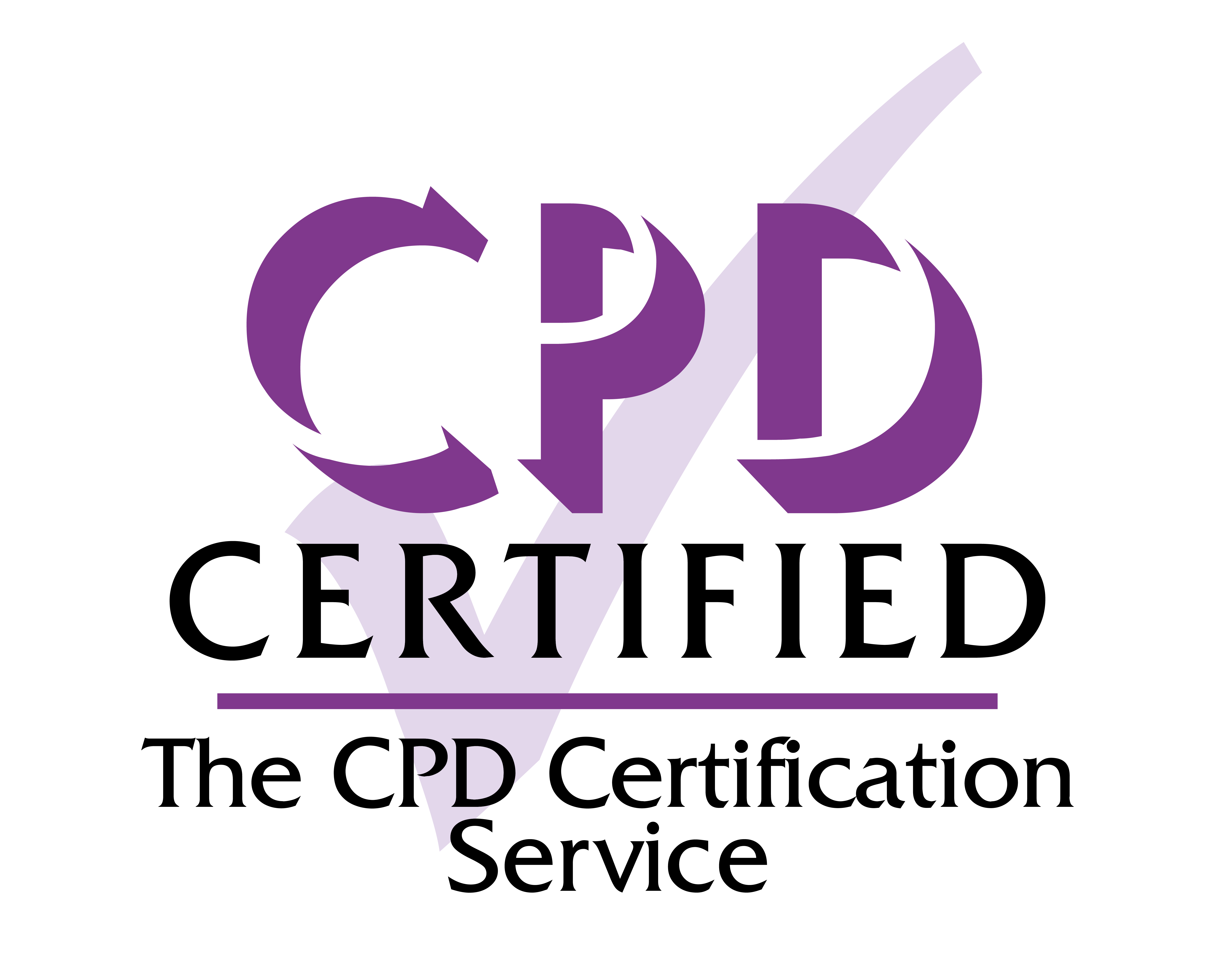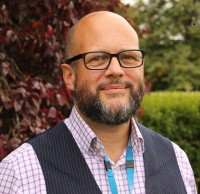Key information
Price
US$2,770
Commitment
6-8 hours a week
Study mode
Tutor guided
Certificate of Achievement
Evidence your learning with a Certificate of Achievement from the University of Cambridge on successful completion.
Duration of 8 weeks
Regular weekly participation is key to gaining the most from your learning experience.
About the course
Translational and experimental medicine is one of the fastest-growing fields in biomedical research – focusing on turning scientific discoveries into practical solutions for patient care. How we design and implement experimental medicine is critical to the health of our society, as illustrated by the transformative role clinical trials played during the COVID-19 pandemic – a period that saw rapid development in trial delivery.
In this cutting-edge eight-week course, you’ll explore how recent advances in trial design – including adaptive platforms, digital delivery and new endpoints – are reshaping therapy development in clinical science.
Drawing on the experience of experts from the University of Cambridge, you’ll gain practical insights into translational and experimental medicine through real-world clinical examples. With a focus on the integration of digital technology and a patient-centred approach, you will learn a variety of ways to run clinical trials, as well as explore how to design trials to improve patient outcomes.
By the end of the course, you will be equipped with the knowledge to transform clinical problems into actionable plans that can be applied to areas such as repurposed drugs, medical devices, public health interventions or therapies. And, crucially, you’ll be empowered to design clinical studies that place patients at the heart of your work.

This course equals 64 hours of the CPD Certification Service(Opens in a new window) time.
This course starts with an introduction to translational and experimental medicine, covering drug discovery and therapy development. You’ll explore traditional trial designs, focusing on randomised controlled trials, and learn about novel treatment methods like gene therapies and digital technologies. The course also examines the challenges of digital trial delivery and the importance of a patient-centred approach. Real-world examples, including those from the pandemic, will be used to analyse trial design strengths and weaknesses, culminating in an assignment focused on clinical scenarios.
Module 1: Introduction to translational and experimental medicine
Module 2: Traditional trial designs
Module 3: Novel methods of trial design
Module 4: Novel methods of trial delivery
Module 5: Review and integration week
Module 6: The patient-centred trial
Module 7: Real-world exemplars of novel trial design
Module 8: Assessment completion
By the end of the course you will be able to:
summarise the concept of translational medicine with relevant examples from clinical practice.
outline the differences between classical experimental medicine methodology and novel methodology and explain how they both relate to established clinical trials
analyse the different requirements of therapies in the modern treatment era, spanning drug development, gene and cell therapies, and devices and technology
explain the impact that clinical trial methodology has on patients and how a digital and patient-centered approach influences trial methodology and design
design a clinical trial to address a given clinical scenario by adopting methods taught on the course, explaining the choices in that scenario and weighing the advantages and disadvantages of the chosen clinical trial.
On successful completion of the course, you’ll receive a certificate from the University of Cambridge, along with valuable Continuing Professional Development (CPD) points and a digital badge to display on your LinkedIn profile. These Cambridge credentials not only showcase your knowledge and expertise, but also demonstrate your commitment to professional development – helping to future-proof your career.
This course is designed for professionals with a strong background in biomedical science, either through a relevant degree or demonstrable experience and qualifications in the medical or pharmaceutical sector.
Established professionals in the pharmaceutical or healthcare sectors: Designed to upskill and deepen understanding of novel and digital trial design methodologies.
Undergraduate or postgraduate students: Ideal for people seeking a career in pharmaceutical or healthcare settings, eager to learn about the latest advancements in clinical trial design and patient-centred approaches.
The course assumes participants have a foundational knowledge of biomedical science and therapeutic development pipelines, enabling them to engage fully with the advanced content covered.
Our flexible, online courses – delivered via a world-leading learning platform – reflect the University of Cambridge experience and values, with low learner-to-tutor ratios and academically rigorous standards.
Our online learning model is designed to help you advance your skills and specialise in emerging areas that address real-world challenges. We will help you build your network through an engaging and impactful learning journey that encourages collaboration with academics and fellow learners.
Courses are delivered in weekly modules, allowing you to plan your time effectively around existing commitments. There is an optional weekly live session, which is recorded for anyone who can’t attend. The assessment criteria will be presented to you at the start of the course, so you can approach your studies with confidence and motivation, knowing exactly what’s expected of you and how to meet those expectations.
Throughout your online learning experience with Cambridge Advance Online, you’ll have digital access to a dedicated course tutor, an expert in the field, who will help steer your learning and provide you with support and guidance every step of the way.
Level of knowledge and experience
A strong biomedical degree or relevant experience in the medical or pharmaceutical sector that demonstrates a solid understanding of basic biomedical science would be desirable. Participants should also have an awareness of clinical trials, their purpose and ethical design, as well as a basic understanding of therapeutic development pipelines.
An understanding of the causes of disease, clinical conditions and the challenges of conducting trials with specific patient groups would be helpful.
You’ll also need a good level of spoken and written English to make the most of the course (we recommend English language proficiency equivalent to an IELTS score of 7).
Materials and equipment
No specialist software or IT equipment required.
Sufficient internet speed (2 Mbps up/down) for video streaming.
University of Cambridge course leads

Dr Ben Underwood
Assistant Professor of Applied and Translational Old Age Psychiatry, University of CambridgeBen Underwood is Clinical Director of the Windsor Research Unit in Cambridge. He is interested in clinical trials in dementia and experimental approaches which translate advances in basic neuroscience into potential treatments.
Dr Mark Toshner
Director of Translational Biomedical Research MPhil, University of CambridgeDr Toshner's work spans early experimental to late phase development of therapies. He has a particular interest in improving efficiency in drug development by adopting novel techniques and digital technologies as well as increasing academic and industrial collaboration.
What our learners are saying

The course provided me with a comprehensive understanding of novel clinical trial design, including its distinctive features, ethical considerations, and regulatory requirements. I personally was fascinated by the interviews, they provided us with practical examples from the real world.

I not only familiarized myself with traditional methods but also explored innovative designs, both in theory and through practical experience. I developed the ability to exercise critical thinking when selecting a trial design and became more precise in defining endpoints and the target study population.
Let’s keep in touch
Sign up here to receive news and updates about Cambridge Advance Online courses from us and relevant university departments.